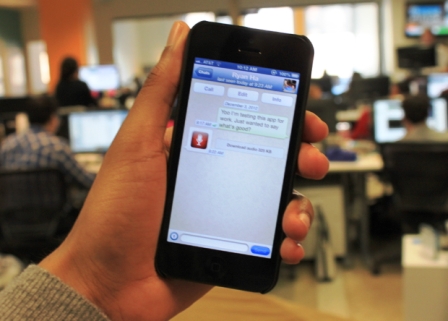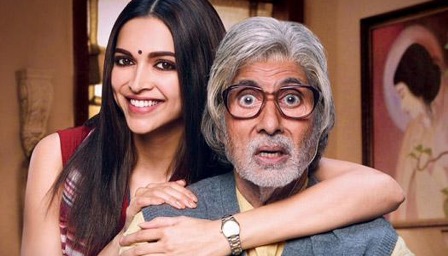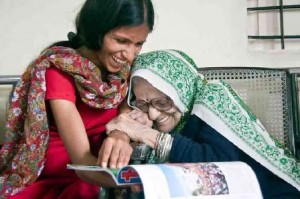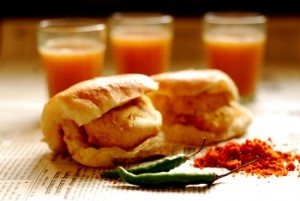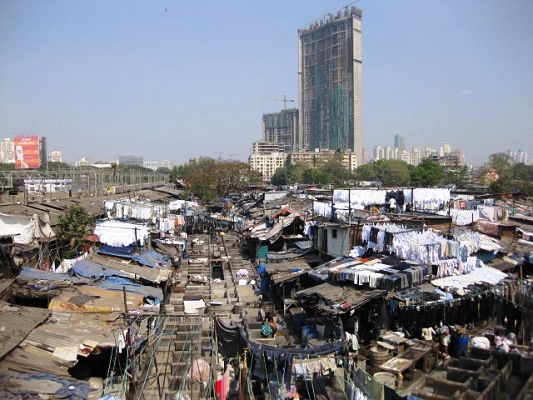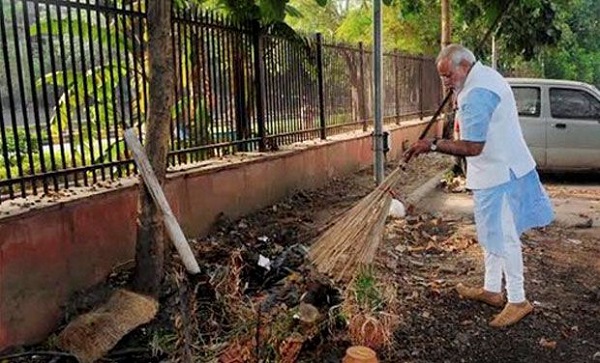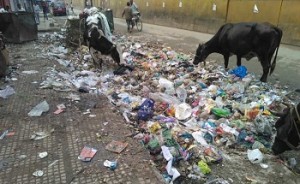Parents are increasingly using WhatsApp to keep in touch with other parents and discuss their children. But is this wise?
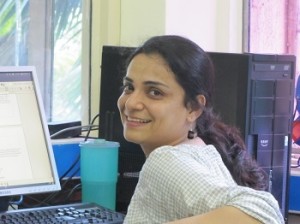 by Dr Pooja Birwatkar
by Dr Pooja Birwatkar
The red light on my phone flashed, indicating a new message on WhatsApp. It was a joke:
Mother: So what did you do in school today?
Child: Why are you asking? Didn’t your WhatsApp school group tell you what happened in school today?
It didn’t make me smile. Is it true that we are discussing our kids too much on social networking sites? It is possible that we have forgotten to draw boundaries around what we should and should not discuss.
My son’s school ends at 3 pm every day and he is home by 3.30 pm. This is when my WhatsApp mommy group gets super active. It starts with questions about homework and what happened in school, then takes the familiar path to criticism and gossip about everything their children tell them. I don’t think any of these mothers cuddle their tired kids after a day at school – instead, they whip out their phones and start a post mortem of the school day.
Sometimes I feel that technology has brought us too close. I take care not to respond too often, but I do read all the chats carefully. Many times, this makes me question my own parenting skills. The other mothers know so much more about school and what their children do, than I do about mine. The parent-teacher meets further make me question myself. The other mothers have so many questions to ask, while I have to rack my brains to ask even one. Most of my interactions with my son’s teacher end in a minute. I can feel the eyes of the other mothers on me; they must think I am a bad mother, that I don’t even have a question about my son.
This charges me up to behave like them for a few days, prompting my horrified son to put his foot down and say philosophical things about his rights. Better sense prevails and I realise that too much intrusion in my son’s life can curb his freedom.
My kid sure knows his rights – the other day, I stopped him from doing something and he protested and said children also have a life and that I was stopping him from living that life. I was taken aback – I had always thought I was a great mother who encouraged him to enjoy his childhood in every way. And here he was, hinting that I was a dictator.
It’s true – we often don’t let our children do the things they want to do. Instead we tell them what they should do and discuss them obsessively over social media. I don’t any of my son’s classmates but I know so much about them from the WhatsApp chats. This makes me uncomfortable – would we like it if our children discussed our shortcomings on social media chats? Parents compare their own children to others, they put up homework pics, compare handwriting and even laugh at their own children’s foibles. Is it fair to laugh over a child’s shabby scribbles?
All children learn to read, write, speak and add sums eventually. Every child learns. How would we feel if our children revealed our salary statements, discussed how we were about to lose our jobs, our medical profile on social media? If that’s not okay, why do we think breaching our children’s privacy is?
I think all parents need to let schools do their jobs. We need to interfere less, keep our anxieties to ourselves, let our children learn at their own pace. They have their childhood just once in life, let them enjoy it to the fullest. Take a deep breath and don’t burden your child. Also, put away your phone and use that time to be with your children. Talk to your children, don’t discuss them with others.
